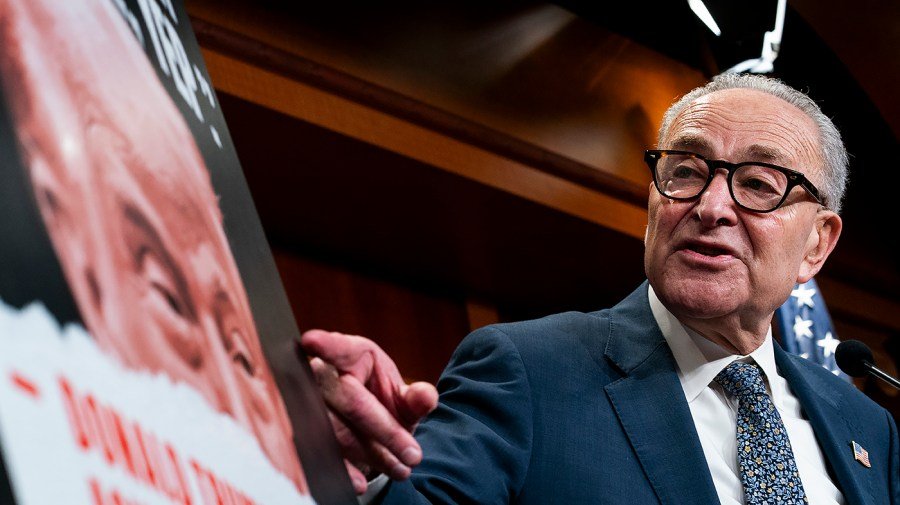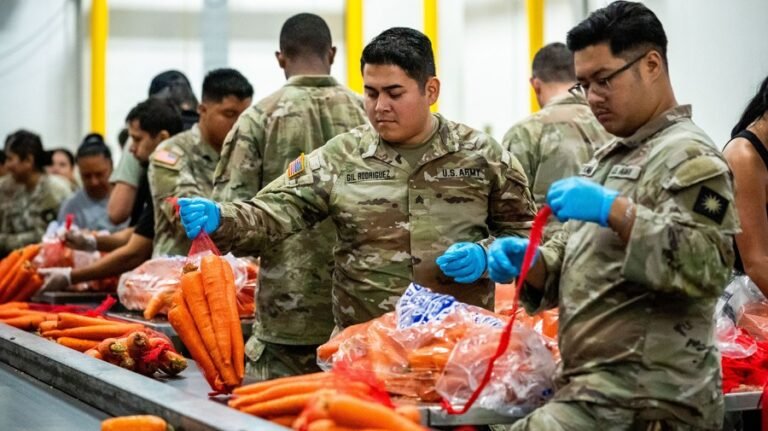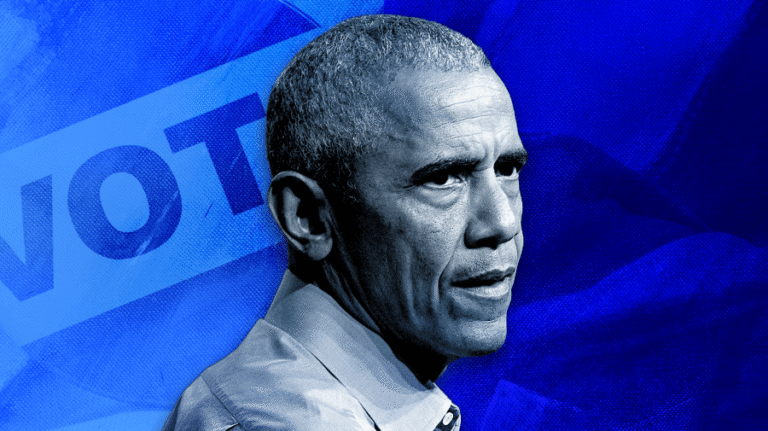
Senate Minority Leader Chuck Schumer (D-N.Y.) said Wednesday that Democrats would vote for Sen. Josh Hawley’s (R-Mo.) bill to fund the Supplemental Nutrition Assistance Program (SNAP) amid the government shutdown.
“Today, tomorrow, if [Senate Majority Leader] John Thune [R-N.D.] would put it on the floor, it would pass overwhelmingly,” Schumer said at a press conference.
Hawley’s bill, the Keep SNAP Funded Act of 2025, would fund the program until the shutdown ends. The U.S. Department of Agriculture (USDA), which administers the program, has warned that starting Saturday, millions of low-income individuals will not receive SNAP benefits.
The bill has 10 Republican co-sponsors: Sens. James Lankford (Okla.), Lisa Murkowski (Alaska), Susan Collins (Maine), Marsha Blackburn (Tenn.), Bernie Moreno (Ohio), Kevin Cramer (N.D.), Bill Cassidy (La.), Katie Britt (Ala.), Jon Husted (Ohio) and John Cornyn (Texas).
Thune has argued that Democrats should end the shutdown by voting for legislation approved by the House that would extend existing funding.
Sen. Ben Ray Luján (D-N.M.) introduced on Wednesday a dueling bill, which would require the USDA to fund SNAP and the Supplemental Nutrition Program for Women, Infants and Children (WIC). The entire Senate Democratic Caucus has co-sponsored the legislation, titled the Keep SNAP and WIC Funded Act of 2025.
In fiscal 2024, roughly 41.7 million people received SNAP benefits monthly, according to the USDA. The federal government spent $99.8 billion on the program, amounting to roughly $187.20 per recipient per month.
Roughly 6.7 million people received WIC benefits in the last fiscal year, including about 41 percent of U.S. infants, according to the USDA. The program costed roughly $7.2 billion during that timeframe.
Individuals can receive SNAP and WIC benefits concurrently.
The USDA has said it will not use over $5 billion in SNAP contingency funding that Congress allocated for emergency scenarios. Next month’s SNAP benefits are estimated to cost roughly $9.2 billion.
In a Friday memo, the USDA argued that the funding can only be utilized in the aftermath of unforeseen events, such as natural disasters. Agriculture Secretary Brooke Rollins doubled down on Tuesday, telling CNN’s Boris Sanchez that her department cannot legally use the contingency funding to disburse November SNAP benefits to states.
That contradicts a since-deleted shutdown plan the USDA published on Sept. 30, which stated that the department is congressionally mandated to allocate SNAP benefits using the contingency funding during the lapse.


